Ethnoscience and Traditional Technology in India
Ethno-science is one of the emerging field of enquiry in cognitive discipline generally deals with the study of the systems of classification and taxonomies. It is also known as 'indigenous', or 'native' or 'traditional' science since it is completely based on native perceptions. It is an outcome of everyday practical experience with the nature by human beings. With its functional demands, it is changing constantly subjected to local, regional, national and global with the exposure to external interventions. The aim of ethno science is to gain a more complete description of cultural knowledge. Ethno science has been successful based on several studies of given cultures relating to their linguists, folk taxonomy, and how they classify their foods, animals and plants. Keeping in view of its significance, its focus is broadened now a days to embrace all areas of folk knowledge since it is base for the modern or western science. There exists a controversy at global level on the validity and reliability of local knowledge over the western or scientific knowledge. Despite of this fact, policy makers and planners do understood the role of traditional knowledge in the sustainable development. There might also be an unequal distribution of knowledge amongst a tribe or peoples. The role of governments, NGOs, grass root workers for research, protection and conservation of indigenous science has made to have a fresh look at some of the dichotomies and contested issues like undesired and outdated methods of native science. With this backdrop, the present book tries to covers the expertise of Ethnoscience of indigenous population in India like iron smelting and iron smithy, dokra (metal crafting), terra cotta artifacts, cane and bamboo crafts, bell metal, making musical instruments, masks, etc., since it is not only valuable cultural heritage but also a source of major livelihood. The present book also aims to explore the theoretical as well as empirical models and methods of traditional technology among the various tribes of India. To test the hypothesis i.e., importance of ethno science in livelihoods of tribal communities, an inter disciplinary academic effort is exercised since it is essential for cross exchange of ideas and experiences before its documentation for future generations. The level of this book is truly academic and research oriented. Further it is also useful to the planners, policy makers, administrators, and other action groups who are interested for protection of indigenous rights. This book had provided the scope to do further research on not only horticultural communities but other tribal communities since rejenuvation of environment is possible with them. Byomakesh Tripathy is a Professor in the Department of History, Indira Gandhi National Tribal University, Amarkantak, Madhya Pradesh. He specializes in the field of Ancient Hisotry, Culture, and Archaeology, and History of North East India. Earlier he has served as Professor in the Department of History of Rajiv Gandhi Central University, Itanagar, Arunachal Pradesh. His publications include Buddhism in Arunachal Pradesh, Buddhism in North East India, Sources of the History of Arunachal Pradesh, Religious History of Arunachal Pradesh, Cultural Heritage of Arunachal Pradesh, Martial Traditions of North East India, etc.
Get it now and save 10%
BECOME A MEMBER
-
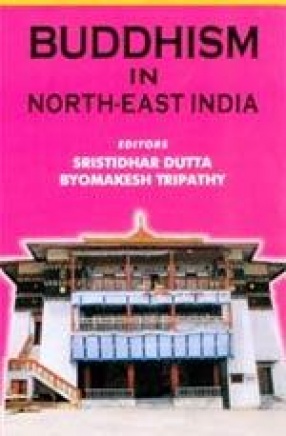
Buddhism in North-East India
-
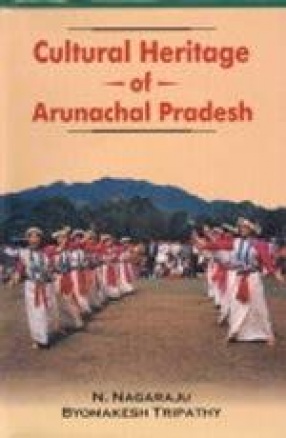
Cultural Heritage of Arunachal Pradesh
-
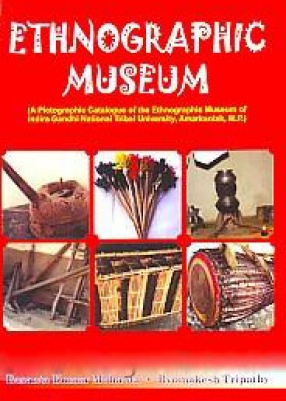
Ethnographic Museum: A Pictographic Catalogue of the Ethnographic Museum of Indira Gandhi National Tribal University, Amarkantak, M.P.
-
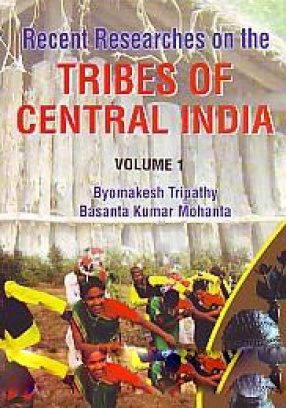
Recent Researches on the Tribes of Central India (In 2 Volumes)
-
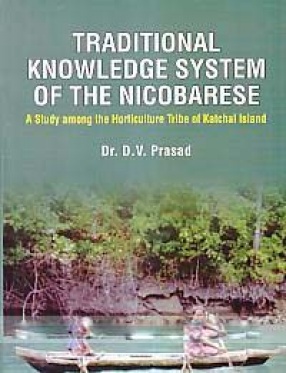
Traditional Knowledge System of the Nicobarese: a Study Among the Horticulture Tribe of Katchal Island
-
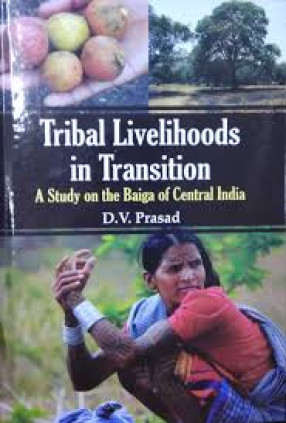
Tribal Livelihoods in Transition: A Study on the Baiga of Central India

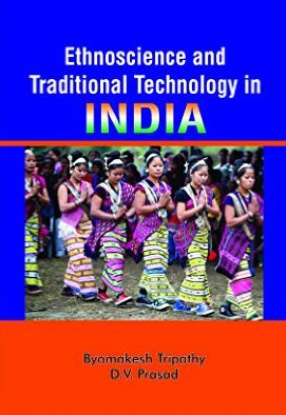
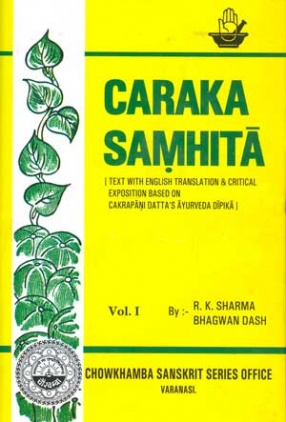
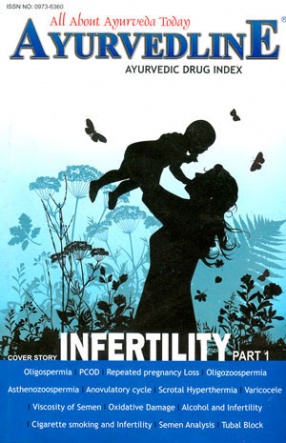
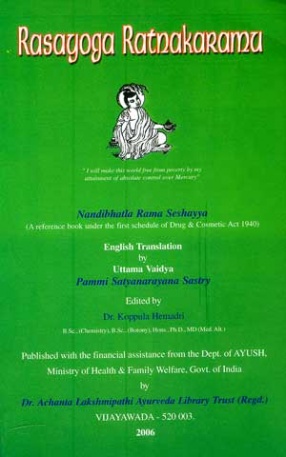
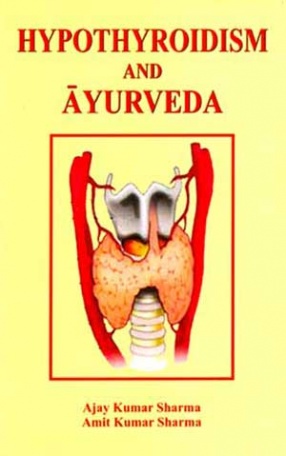

Bibliographic information
D.V. Prasad